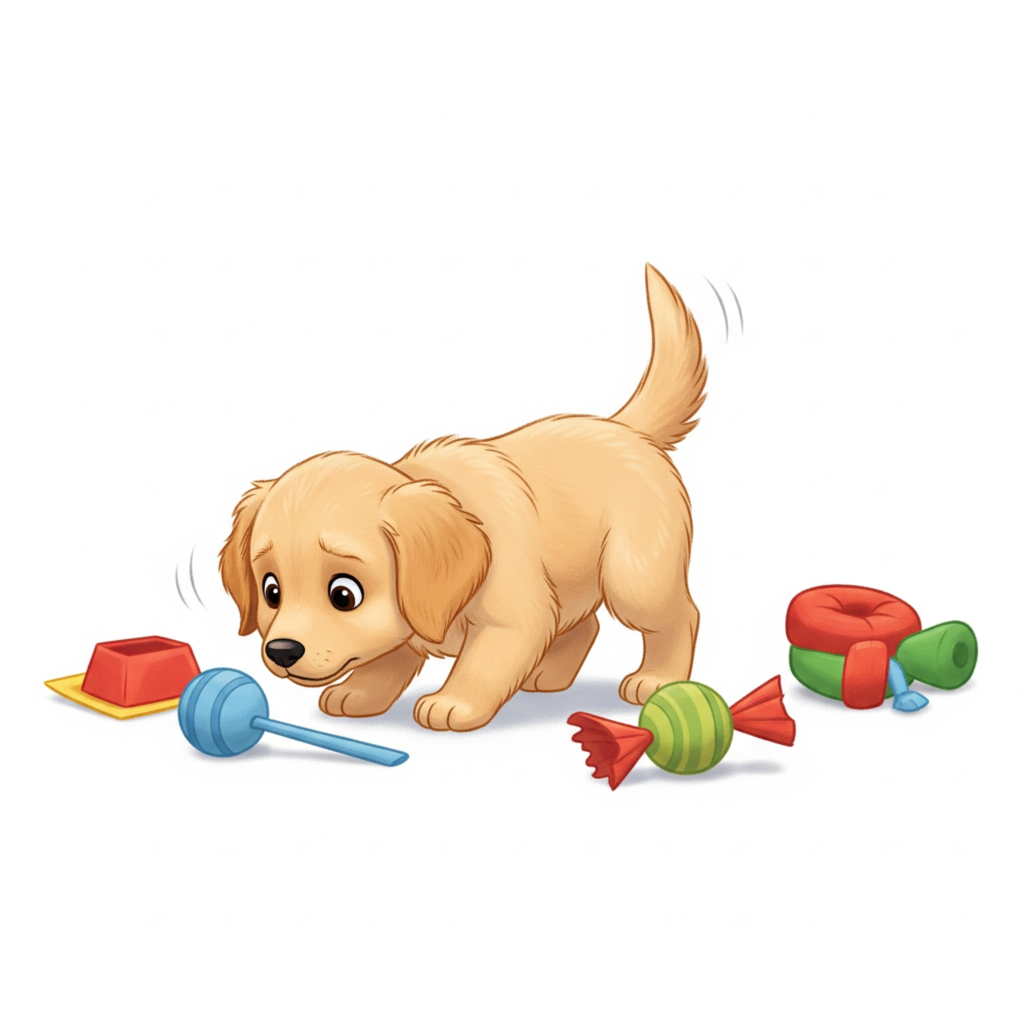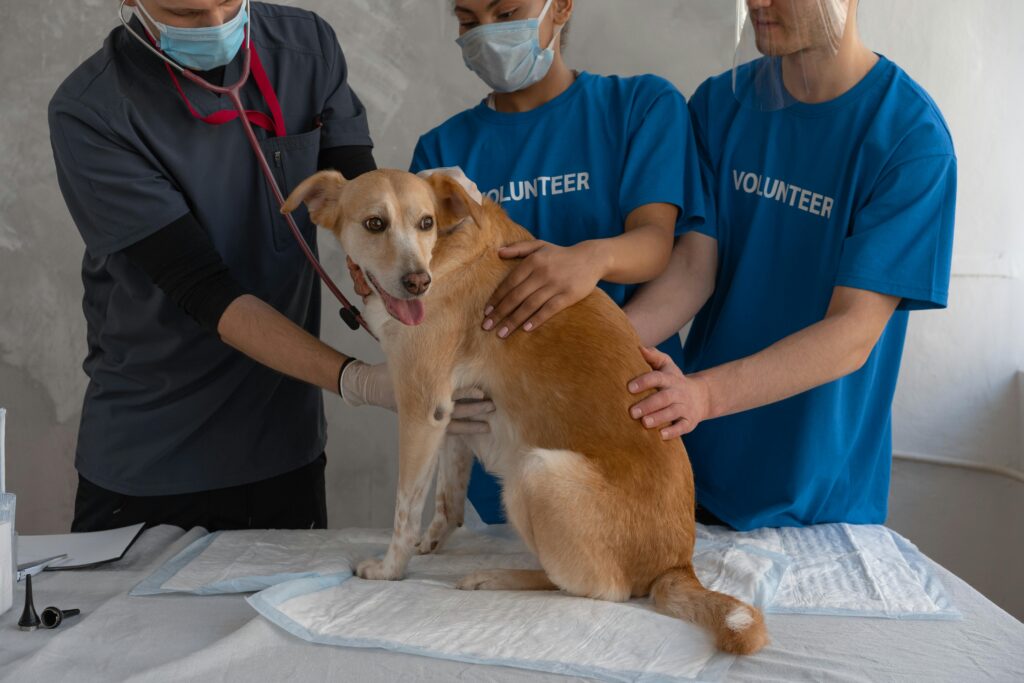
Bringing a new puppy home is an exciting moment filled with joy, cuddles, and lots of firsts. But for your puppy, it can also feel confusing and even a little scary. They’re leaving behind everything familiar — their littermates, mother, and the environment they knew. That’s why it’s so important to help your puppy adjust gently and confidently to their new life with you.
Create a Calm and Welcoming Environment
Before your puppy arrives, set up a quiet, cozy space just for them. This area should include:
- A soft bed or crate
- Fresh water
- Puppy-safe toys
- Puppy pads (if you’re house training)
Keep this space in a low-traffic area of your home. Too much noise or attention at first can feel overwhelming.
Stick to a Routine from Day One
Puppies thrive on consistency. Try to keep their schedule predictable by feeding, walking, playing, and putting them to bed at the same times each day. A steady routine helps reduce stress and makes training much easier.
Give Them Time to Explore at Their Own Pace
Let your puppy sniff around and get to know their new surroundings slowly. Avoid crowding them or introducing too many new people right away. Start with one room at a time and supervise as they explore.
Start Bonding Gently
Use calm voices and gentle petting to build trust. Offer treats and toys as positive reinforcement whenever your puppy responds well to new situations or follows simple commands. This helps your puppy see you as a safe, caring figure.
Limit Visitors for the First Few Days
It’s tempting to introduce your puppy to everyone, but hold off for a bit. Too many new faces can be overwhelming. Focus on helping your puppy bond with immediate family first. Gradually introduce friends or extended family after a few days or weeks.
Use a Crate or Safe Zone
Crates are helpful for giving your puppy a secure place to rest. Never use the crate as punishment — it should always feel like a safe retreat. Start with short sessions and reward your puppy for entering it calmly.
Expect Some Accidents and Anxiety
It’s normal for puppies to cry at night, have potty accidents, or act nervous in the first week. Be patient. Offer comfort, use gentle words, and avoid scolding. Encourage them with rewards when they behave well.
Introduce Training Early (But Keep It Simple)
Start with basic cues like “sit,” “come,” and “stay.” Use short training sessions and reward-based methods. This builds communication and helps your puppy feel confident in their new environment.
Watch for Signs of Stress
Some signs your puppy might be overwhelmed include:
- Whining or barking
- Hiding or pacing
- Loss of appetite
- Excessive chewing or licking
If you notice any of these, slow things down and focus on calm interactions. Most puppies adjust within a few days to a few weeks.
Final Thoughts
Helping your puppy adjust to a new home takes love, patience, and a little structure. With a gentle routine and lots of reassurance, your puppy will soon feel secure and happy in their new life with you. Before you know it, those uncertain first days will turn into a lifetime of loyalty and tail wags. PetsDogPuppy

